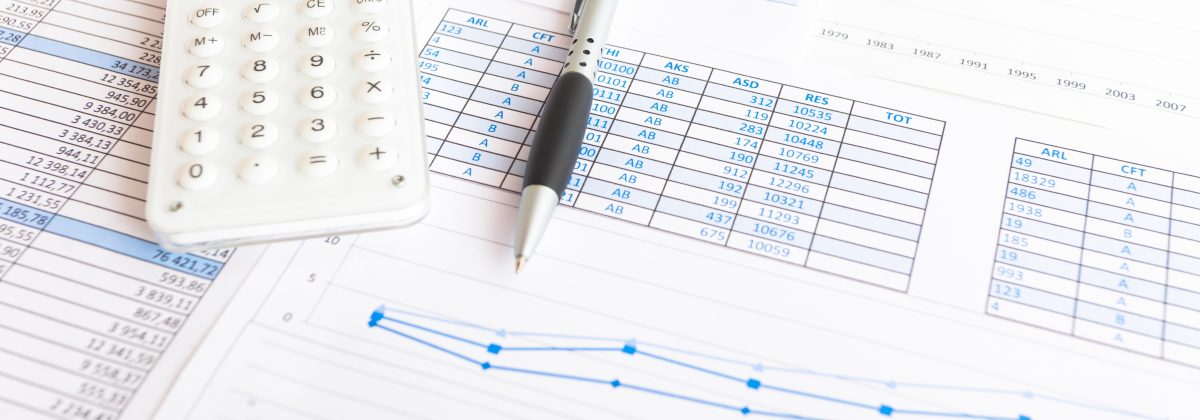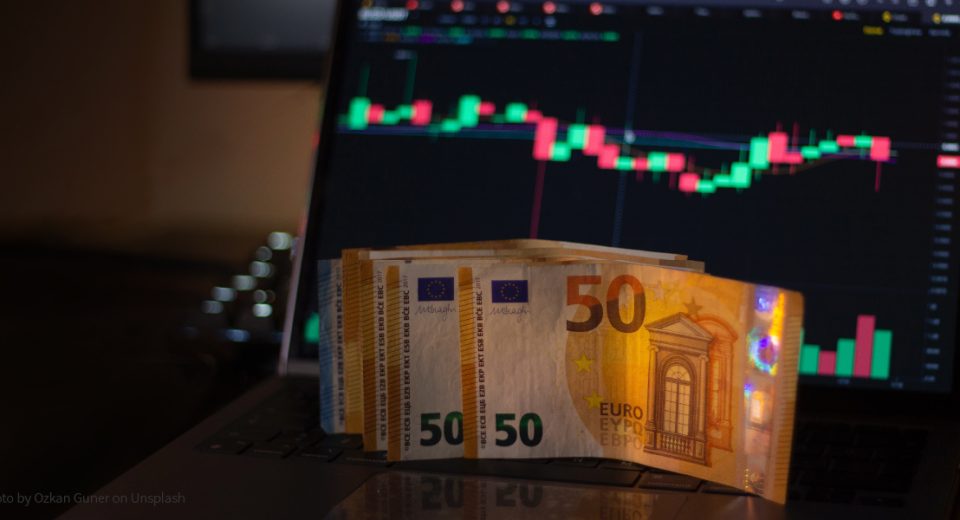Money Management in a nut shell

Successful forex trading requires proper knowledge and education, a lot of patience and the ability to quickly adapt to the changing market conditions. While most traders are attracted to forex trading with the idea of getting rich from making that one big trade, the reality is that forex trading is not that simple and requires a lot of planning. You not only needs to plan your entry or exit into a trade, but also aim to make long term steady gains, rather than looking only for short term gains. This is the reason why money management strategies play a crucial role in forex trading.
Reasons for Losing Money in Forex Trade
Inadequate knowledge and experience are the key reasons why forex traders lose money on trades. The failure to understand and acknowledge that the forex market is highly volatile and risky often results in poorly planned trading decisions that may or may not work, depending on several factors.
All trades need to be well planned, with predetermined exit and entry points that are set after a thorough study of the trends, patterns and one’s own risk appetite. Read on to find out about some widely used money management strategies that can help you minimize losses in forex trade.
Popular Money Management Strategies
- Demo Account: New traders need to get acquainted with the whole process of forex trading before they actually put their money in. This is possible by using a demo account initially. Demos allow you to learn popular trading strategies and understand the functioning of the market before venturing into live forex trade. And once you have an understanding of the workings of the forex market, start with small trades that involve limited or small risk, and then slowly move on to bigger trades, in accordance with your risk appetite. Planning, identifying risks and adequate knowledge are prerequisites for successful trading in any market, and the world of forex is no different.
- Limit Greed: Although this might seem obvious, it is an important money management strategy. Do not aim for extraordinary profits. Look at reasonable trades that can be implemented and completed properly. A successful trade is not always about aiming for the highest profits, it is more about making the right decision at the right time, and taking preventative action against potential losses. So, remember, it is better to focus on several small profitable trades rather than aiming to make supernormal profits from a single trade.
- Keep to Your Budget: The next strategy is to commit only the amount of funds that you can afford to lose. Also, start with a small amount and slowly increase your commitment as you gain confidence. One should never risk more than 5%-10% of their trading budget on a single trade.
- Prevention is Better than Cure: Apart from aiming for profits, traders also need to take steps to minimise heavy losses. This is possible through the use of stop loss orders and modifying them from time to time. Again, you should calculate the risk involved in any trading decision and take preventive action immediately. Some popular and useful stops that can aid in forex trading are:
- Equity stop, where the forex trader risks only a predetermined amount on a single trade. So, a trade is liquidated in accordance to a trader’s internal risk controls.
- Identifying stop levels on the basis of technical charts and analysis.
- Using stop levels to compensate for the impact of the massive volatility in the forex market.
- Margin stop, which allows traders to liquidate their positions as soon as they trigger a call, thereby helping to prevent negative balance in their account.
- Avoid stress and do not make decisions on the basis of emotions.
Different people may have different trading styles and may choose a money management strategy that matches their individual style. Every money management strategy should be clearly able to tell what percentage or proportion of a trading account balance should be allocated for a specific task, or in the event of a loss, how much capital will be available to resume trading and what degree of leverage should be used on a specific trade.
Money management strategies are a key component of any type of financial dealing, especially forex trading. But remember, that while these strategies can help mitigate the risks involved in forex trading you can never be completely free of risk, but then nothing worthwhile ever is.
Disclaimer
If you liked this educational article please consult our Risk Disclosure Notice before starting to trade. Trading leveraged products involves a high level of risk. You may lose more than your invested capital.




